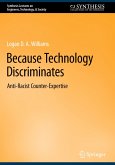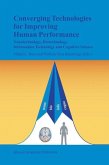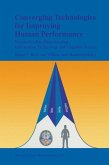Engineers designing technologies and systems produce problems when they do not account for existing biases in society. Designers have a mandate to make technologies efficiently, economically, and ethically. This textbook is written for both students and practicing designers, engineers, researchers, or artists who want to create more ethical designs; it aims to help readers understand how race is implicated in technology design. Learning from historical and contemporary case studies of engineering and architecture projects will help readers see clearly the power of design decisions to either perpetuate or contest racism. Chapter exercises will change engineers' mental models to see the bias inherent to existing technological design. By incorporating the knowledge and insights of community-based experts into design projects, readers will begin to practice anti-racist leadership and counter-expertise.
Bitte wählen Sie Ihr Anliegen aus.
Rechnungen
Retourenschein anfordern
Bestellstatus
Storno








